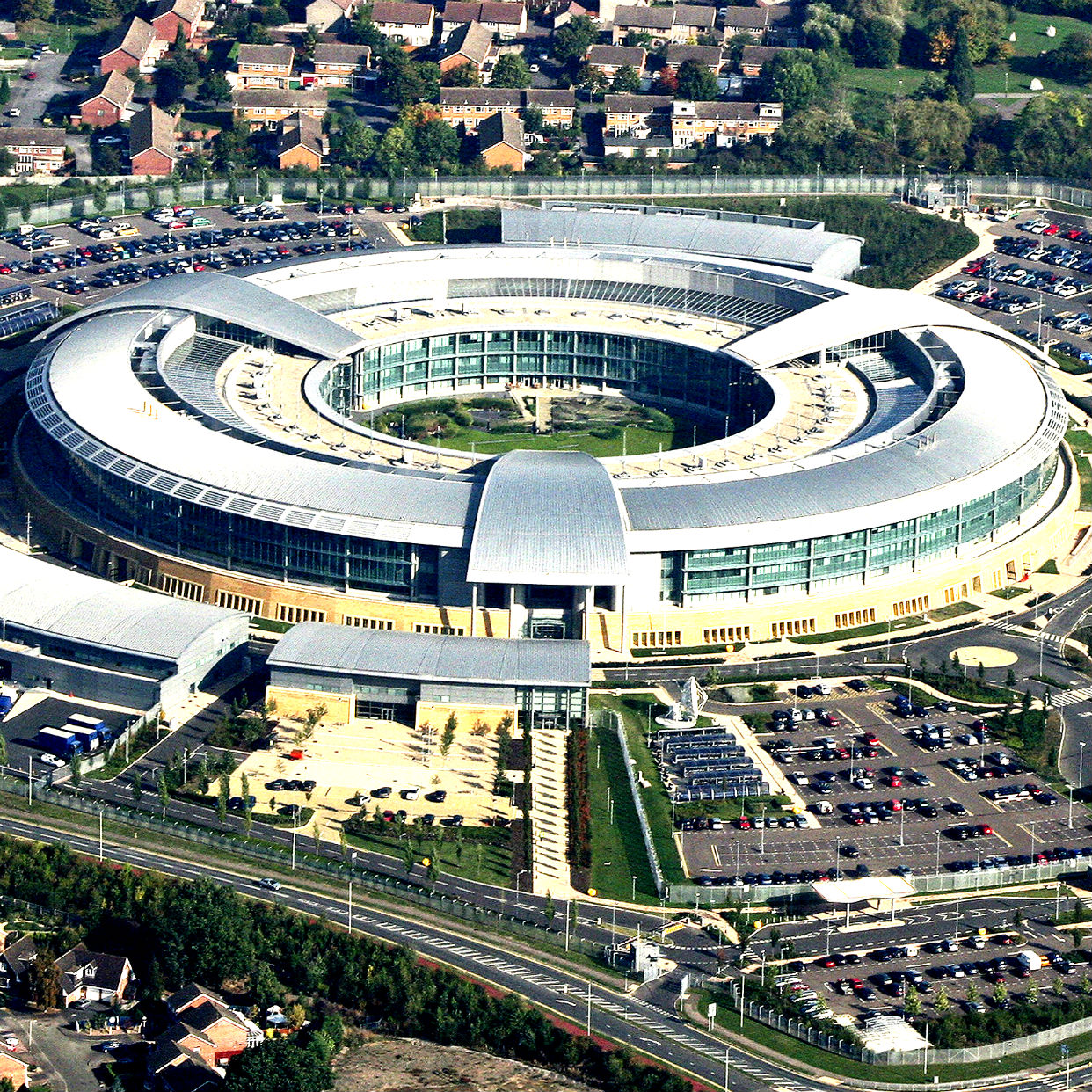GCHQ reveals five secret WWII code-breaking sites
British spy agency marks its centenary by disclosing wartime eavesdropping locations

A free daily email with the biggest news stories of the day – and the best features from TheWeek.com
You are now subscribed
Your newsletter sign-up was successful
Britain’s spy agency GCHQ has marked a century of sleuthing by revealing the locations of five Second World War code-breaking sites.
The previously unknown locations are dotted around the country, ranging from the Kent cliffs to the Derbyshire countryside.
They include Abbots Cliff House near Dover, a site exposed to enemy attack that housed around 50 linguists, many of whom were women. The linguists used the house to eavesdrop on shortwave German naval and air force radio.
The Week
Escape your echo chamber. Get the facts behind the news, plus analysis from multiple perspectives.

Sign up for The Week's Free Newsletters
From our morning news briefing to a weekly Good News Newsletter, get the best of The Week delivered directly to your inbox.
From our morning news briefing to a weekly Good News Newsletter, get the best of The Week delivered directly to your inbox.
The former listening post is now available to rent at nearly £2,000 per night, according to The Daily Telegraph.
Another site, Marston Montgomery, was led by the spy agency’s first female commander. Pamela Pigeon, a New Zealander, took over operations in Derbyshire in 1943.
GCHQ’s historian Tony Comer told The Guardian that around 100 people worked under Pigeon’s command, with a focus on “fingerprinting individual German radios”.
“If you had previously worked out what each radio was used for, it presented an easy way to distinguish between a bomber squadron or simply fighter aircraft approaching without having to decode any messages,” Comer said.
A free daily email with the biggest news stories of the day – and the best features from TheWeek.com
Other secret locations revealed for the first time include Chesterfield Street in Mayfair, London, where the agency first ran anti-Soviet operations, and Croft Spa, near Scarborough, where signals from enemy ships in the North Sea were targeted.
The Times reports that in 1941, intelligence workers at Croft Spa picked up stray transmissions from the Nazi battleship Bismarck, helping the Royal Navy to launch a fatal attack.
The final site is Ivy Farm, in Knockholt, Kent, where a group of about 80 people worked, trying to decipher communications between Adolf Hitler and his field marshals.
Why was GCHQ formed?
GCHQ (Government Communications Headquarters) dates back to the fall-out of the First World War.
In 1919, the Government Code & Cypher School was launched. However it would later be renamed GCHQ in order to reduce suspicion about its work. Its public function was to protect British government communications, but its secret objective was to decrypt messages sent by foreign countries.
GCHQ’s most famous location is Bletchley Park in what is now Milton Keynes, where codebreakers, including the mathematician Alan Turing, interpreted German communications during the Second World War and managed to crack the secret of the Enigma machine.
According to the BBC, most of the agency's 5,000 staff are based at its headquarters in Cheltenham, Gloucestershire, which is nicknamed the Doughnut. Six years ago, The Guardian revealed that GCHQ had tapped into fibre-optic cables to gain access to the servers of mostly US internet providers.
Joe Evans is the world news editor at TheWeek.co.uk. He joined the team in 2019 and held roles including deputy news editor and acting news editor before moving into his current position in early 2021. He is a regular panellist on The Week Unwrapped podcast, discussing politics and foreign affairs.
Before joining The Week, he worked as a freelance journalist covering the UK and Ireland for German newspapers and magazines. A series of features on Brexit and the Irish border got him nominated for the Hostwriter Prize in 2019. Prior to settling down in London, he lived and worked in Cambodia, where he ran communications for a non-governmental organisation and worked as a journalist covering Southeast Asia. He has a master’s degree in journalism from City, University of London, and before that studied English Literature at the University of Manchester.